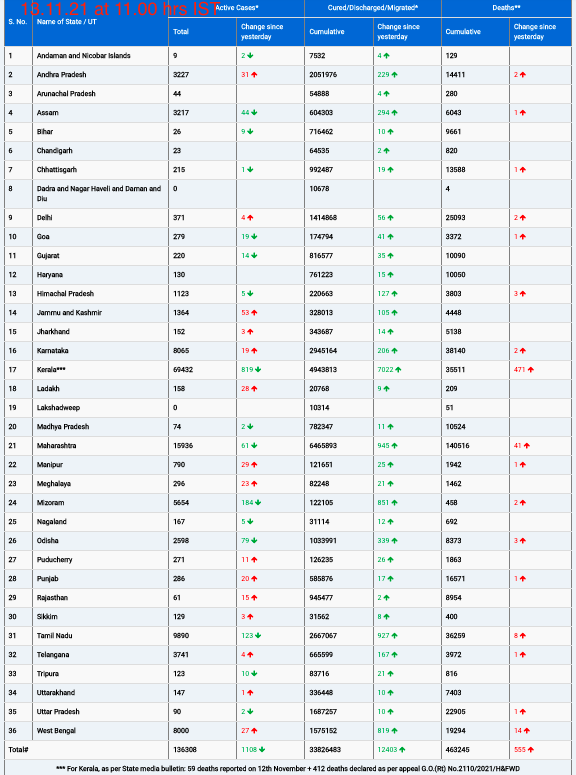In a significant advancement for tuberculosis (TB) diagnosis, India has unveiled an indigenous handheld X-ray device designed to enhance early detection of the disease. This breakthrough, reported by ANI, is the result of a collaborative effort between the Indian Institute of Technology (IIT) Kanpur and the Indian Council of Medical Research (ICMR).
The newly developed device offers a cost-effective solution for TB screening, priced at less than half the cost of imported alternatives. This innovation aims to improve access to TB testing, particularly for vulnerable populations, by enabling portable and convenient screening closer to patients’ homes.
ICMR Director General Dr. Rajiv Bahl highlighted this achievement at the 19th International Conference of Drug Regulatory Authorities (ICDRA) INDIA-2024. He emphasized that the handheld X-ray could significantly improve India’s public health outcomes by facilitating more widespread and timely TB diagnosis and treatment.
“The development of this device represents a leap forward in our fight against TB, making screening more accessible and efficient,” Dr. Bahl stated.
In addition to the handheld X-ray device, Dr. Bahl announced the creation of three new testing kits for Mpox, currently in production by three different companies. This development marks another step forward in India’s healthcare innovation, reinforcing the country’s commitment to improving health outcomes.
During his address, Dr. Bahl also shed light on India’s battle against sickle cell disease, which affects over a million individuals in the country—making it home to the second-largest population of sickle cell patients globally. He revealed that 18 new, low-cost tests for detecting sickle cell anemia have been developed, reducing the cost per test from ₹400 to just ₹30. This initiative aligns with Prime Minister Narendra Modi’s launch of the National Sickle Cell Anaemia Elimination Mission last year, which aims to eliminate the disease as a public health concern by 2047.
On another front, India is making strides in dengue prevention, with phase three clinical trials for a dengue vaccine currently underway. Dr. Bahl expressed optimism regarding the outcomes of these trials, which are expected within a year. If proven safe and effective, the vaccine could become an essential tool in India’s public health arsenal.
With these advancements, India continues to pave the way for innovative healthcare solutions, improving accessibility and affordability for its population.












